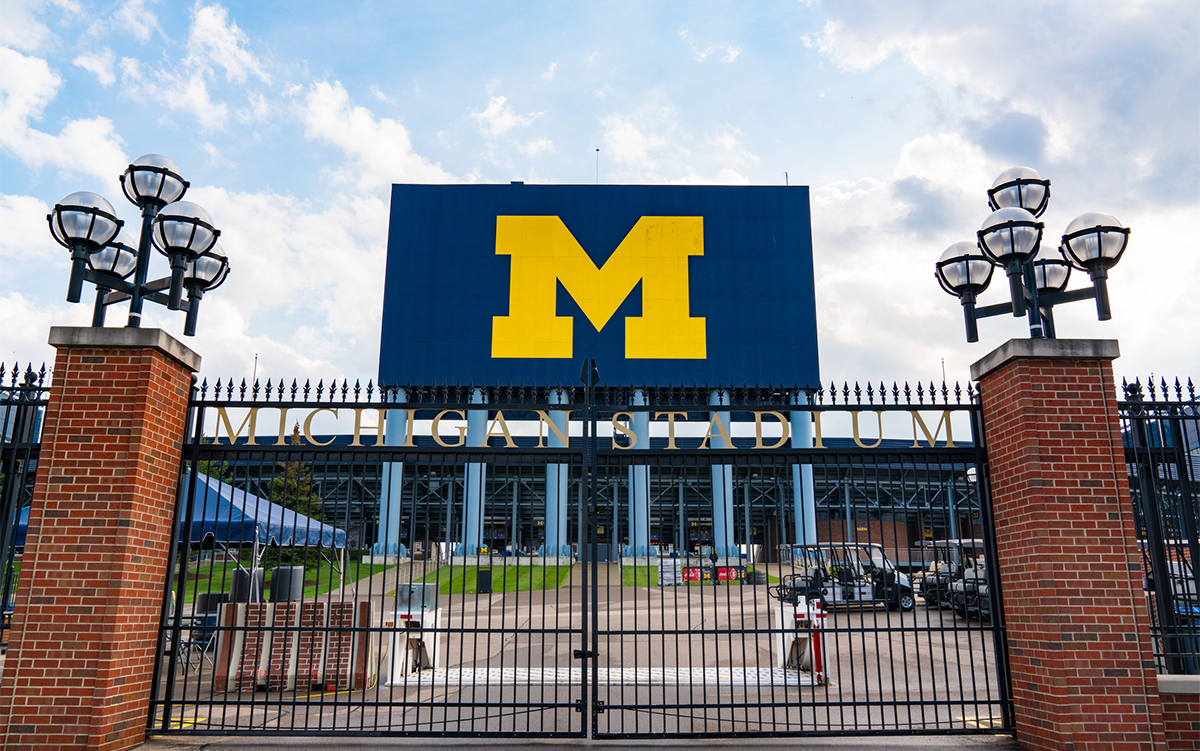Agreement will result in oversight and institutional reforms at UofM to address sexual assault, harassment, and other sexual violence; creates innovative Coordinated Community Response Team
ANN ARBOR – A class action settlement between students and the University of Michigan will lead to the creation and implementation of best-in-class, institutional reforms at UofM that address and prevent sexual misconduct, add transparency and new voices into the University’s response to sexual misconduct, and help ensure a safer campus environment. The agreement, which follows the January 2022 resolution of economic claims related to Dr. Anderson’s abuse, comes after 17 months of negotiation between the parties, which included world-class experts on gender inclusion, safety, and institutional responsibility, overseen by a Court-appointed mediator.
As part of the settlement, UofM will form and fund a Coordinated Community Response Team (CCRT), a multidisciplinary standing committee made up of independent experts such as a Title IX and campus sexual misconduct experts and representatives of the Washtenaw County Prosecutor’s Office and SafeHouse Center, students, survivors, community members, and select members of the administration and faculty.
CCRTs are widely recognized by experts on sexual misconduct prevention as an indispensable tool to achieve comprehensive prevention of campus sexual violence. They have been adopted by colleges and universities throughout the country, including the University of South Florida and the University of California. The 2017 Report by the White House Task Force to Protect Students from Sexual Assault identified CCRTs as the first of six primary elements of a comprehensive sexual misconduct prevention plan, and the U.S. Department of Justice’s Office on Violence Against Women requires colleges and universities to establish CCRTs to receive funding under its Grants to Reduce Violent Crimes Against Women on Campus Program.
This working group will bring transparency and diverse perspectives to the University’s response to sexual misconduct to ensure it is driven and considered by all community stakeholders – not just the administration. The CCRT will have a leadership team comprised of three co-chairs which includes an outside expert, and a robust team of members selected from the on-campus and surrounding communities. This group of campus and community stakeholders will be tasked with, among other responsibilities:
- Engaging stakeholders on all aspects of campus prevention and response to sexual violence;
- Developing, reviewing, and advising on policy and practice improvements;
- Educating the community about issues related to sexual violence;
- Regularly meeting with the University President; and
- Providing public updates on its efforts, including the University’s response to the CCRT’s recommended reforms, to provide accountability through transparency.
“This agreement will modernize UofM’s approach to preventing and responding to sexual violence, and ensure our safety is a top priority,” said Josephine Graham, a UofM student and plaintiff in the lawsuit. “The CCRT will allow greater input from those in our community, including students like myself, who can help create a better future at our university.”
“While I can’t change or forget what happened to me while I was a student at UofM, I am proud to be part of making it a safer place for current and future students,” said John Doe, an Anderson survivor and one of the plaintiffs who brought the class action over the Anderson abuse. “I sought to hold UofM accountable not just to obtain compensation, but to drive meaningful change to protect not just future athletes and football players, but everyone who chooses to enroll at this incredible university. This agreement accomplishes that goal.”
The plaintiffs are represented by Lieff Cabraser Heimann & Bernstein, LLP, the Miller Law Firm, P.C., and Sauder Schelkopf LLC.
“As a UofM alum myself, I am proud to present this settlement to the Court and the UofM community for consideration,” said Lieff Cabraser partner Jonathan D. Selbin. “I take seriously the promise of ‘Leaders and Best.’ Through this Settlement, UofM will now be leading the way on the best institutional structures to prevent and respond to sexual violence within a campus community, so that something like this can never happen again at UofM.”
“The CCRT is an effective, comprehensive strategy to address sexual misconduct that gives students and the community a voice and transparency in how policy is crafted and implemented,” said E. Powell Miller of the Miller Law Firm, P.C. “We believe that these reforms will undoubtedly improve campus life for the next generation of students,” said Joe Sauder of Sauder Schelkopf LLC.
Source/ Contact
Jonathan D. Selbin
Lieff Cabraser Heimann & Bernstein, LLP
212 355-9500
jselbin@lchb.com
Contact us
Use the form below to contact a lawyer at Lieff Cabraser.














